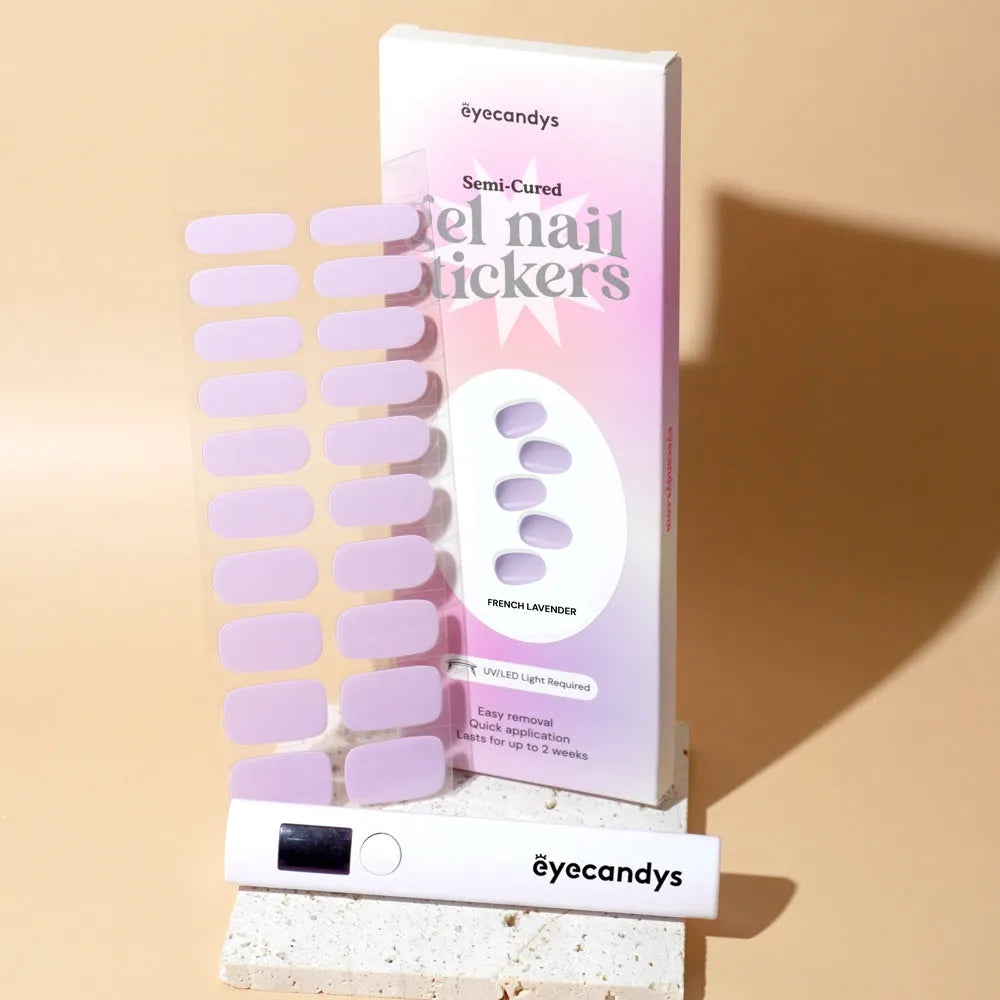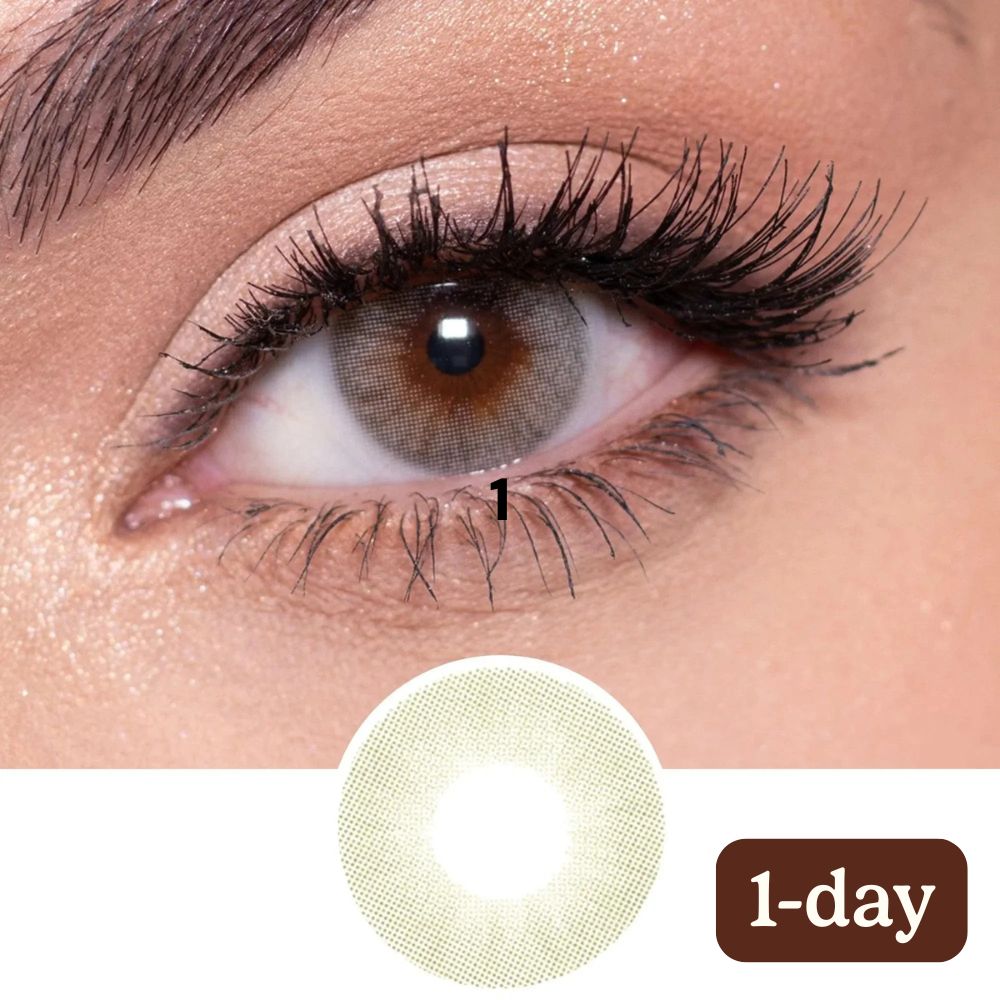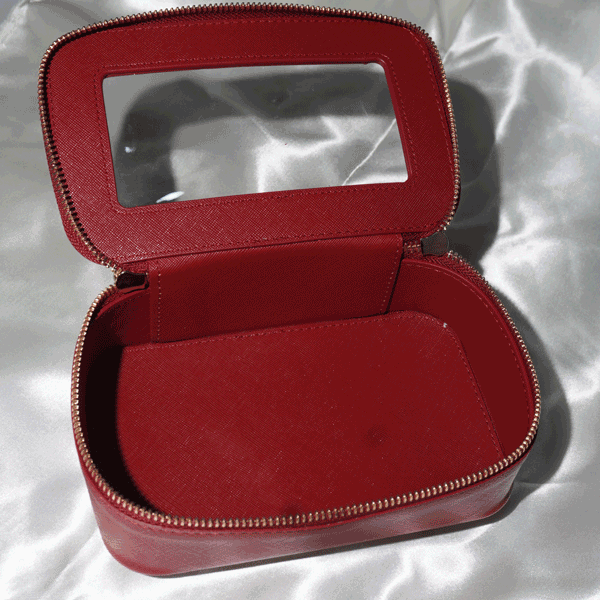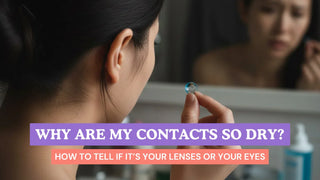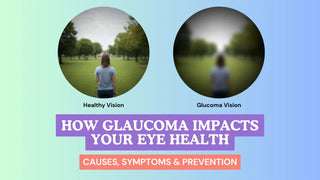Choosing the right vision correction method is crucial for your comfort, convenience, and overall lifestyle. While contacts and glasses both offer effective ways to correct your vision, each has its own set of advantages and disadvantages. This article will help you understand the pros and cons of both options so you can make an informed decision.
Understanding Contacts
Contact lenses can be a game-changer for active individuals and those seeking a wider field of unobstructed vision. Unlike glasses that can slip during exercise or fog up in the rain, contacts move seamlessly with your eyes, providing a natural and unrestricted view. This makes them ideal for sports, hobbies, and any activity where glasses might hinder your performance or style.
Pros of Contacts
-
Field of Vision: Contacts provide a wider field of vision without the obstruction of frames, allowing for more natural and complete vision.
-
Aesthetics: Contacts do not alter your natural appearance and can be worn with any style. They offer a subtle look that glasses cannot achieve.
-
Activity Level: Contacts are ideal for sports and physical activities. They are less likely to fall off or get damaged during movement, making them perfect for active individuals.
-
Weather Conditions: Unlike glasses, contacts do not fog up in humid conditions or get wet in the rain, offering clearer vision in various weather conditions.
Cons of Contacts
-
Maintenance: Contacts require diligent cleaning and care to prevent eye infections. The daily routine of cleaning can be time-consuming and requires discipline.
-
Cost: Over time, contacts can be more expensive due to ongoing replacement costs and care products such as solutions and cases.
-
Comfort: Some people may experience dryness, discomfort, or irritation, especially if they have sensitive eyes or allergies.
-
Application: Inserting and removing contacts can be challenging for some individuals, particularly those new to wearing them.
Understanding Glasses
For those seeking a low-maintenance and budget-friendly option, glasses offer a clear advantage. They require minimal cleaning and upkeep compared to contacts, and with a variety of styles and materials to choose from, they can become a fashionable accessory that complements your look. Glasses also offer protection from dust, wind, and UV rays, making them a comfortable and convenient choice for everyday wear.
Pros of Glasses
-
Ease of Use: Glasses are simple to put on and take off, with no need for direct contact with the eyes, making them convenient and user-friendly.
-
Low Maintenance: Compared to contacts, glasses are easier to clean and maintain. A quick wipe with a cleaning cloth is often all that's needed.
-
Durability: With proper care, glasses can last for years. There is no need for daily replacement, making them a long-term investment.
-
Eye Health: Glasses do not come into direct contact with your eyes, reducing the risk of eye infections and complications.
Cons of Glasses
-
Field of Vision: Glasses provide a limited peripheral vision as the frames can obstruct the view, and the lenses do not cover the entire field of vision.
-
Aesthetics: Glasses can alter your appearance and may not suit every style or occasion. Some people might find them less attractive or fashionable.
-
Activity Level: Glasses can fall off or break during physical activities, making them less suitable for sports or rigorous activities.
-
Weather Conditions: Glasses are prone to fogging up and getting wet in the rain or humid conditions, which can be inconvenient and reduce visibility.
Factors to Consider - Lifestyle Needs
-
Daily Activities: Consider your daily routine and which option fits better. For instance, if you have an active lifestyle, contacts may be more suitable.
-
Occupation: Certain professions might benefit more from one option over the other. For example, jobs requiring safety goggles might be better suited for contacts.
-
Hobbies and Interests: Sports, outdoor activities, and fashion preferences can influence whether contacts or glasses are a better choice for you.
Health Considerations
-
Eye Conditions: If you have dry eyes, allergies, or other eye health issues, glasses might be more comfortable. Consult with your eye doctor about the best option for your specific condition.
-
Prescriptions: The complexity and strength of your prescription can also determine which option is more effective and comfortable. Higher prescriptions require thicker, heavier lenses, or require higher-index lenses (which can be more expensive) to maintain a low thickness and weight.
Budget
-
Initial Costs: Compare the initial purchase costs of glasses and contacts. Glasses might have a higher upfront cost but can last longer.
-
Ongoing Costs: Consider the maintenance, replacements, and additional products needed for both options. Contacts often have recurring costs for solutions and new lenses.
Combining Both Benefits of Using Both
Having both contacts and glasses can offer flexibility and convenience. You can switch between them based on your activities and needs.
Situational Use
-
Contacts: Use contacts for sports, social events, and occasions where you prefer a glasses-free look.
-
Glasses: Wear glasses at home, during relaxed activities, or when you want to give your eyes a break from contacts.
Personal Preferences
Adapting to different scenarios and personal comfort levels is key. Some people prefer contacts for their aesthetic benefits, while others find glasses more comfortable for everyday use.
Both contacts and glasses have their own set of pros and cons. The best choice depends on your lifestyle, health considerations, and personal preferences. Consulting with an eye care professional can help you make the right decision for your vision correction needs. Whether you choose contacts, glasses, or a combination of both, ensuring proper care and regular eye exams will help maintain your eye health and vision clarity.


